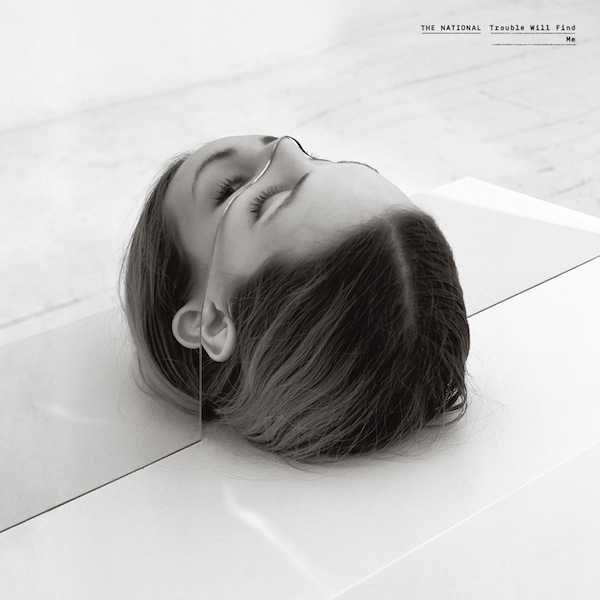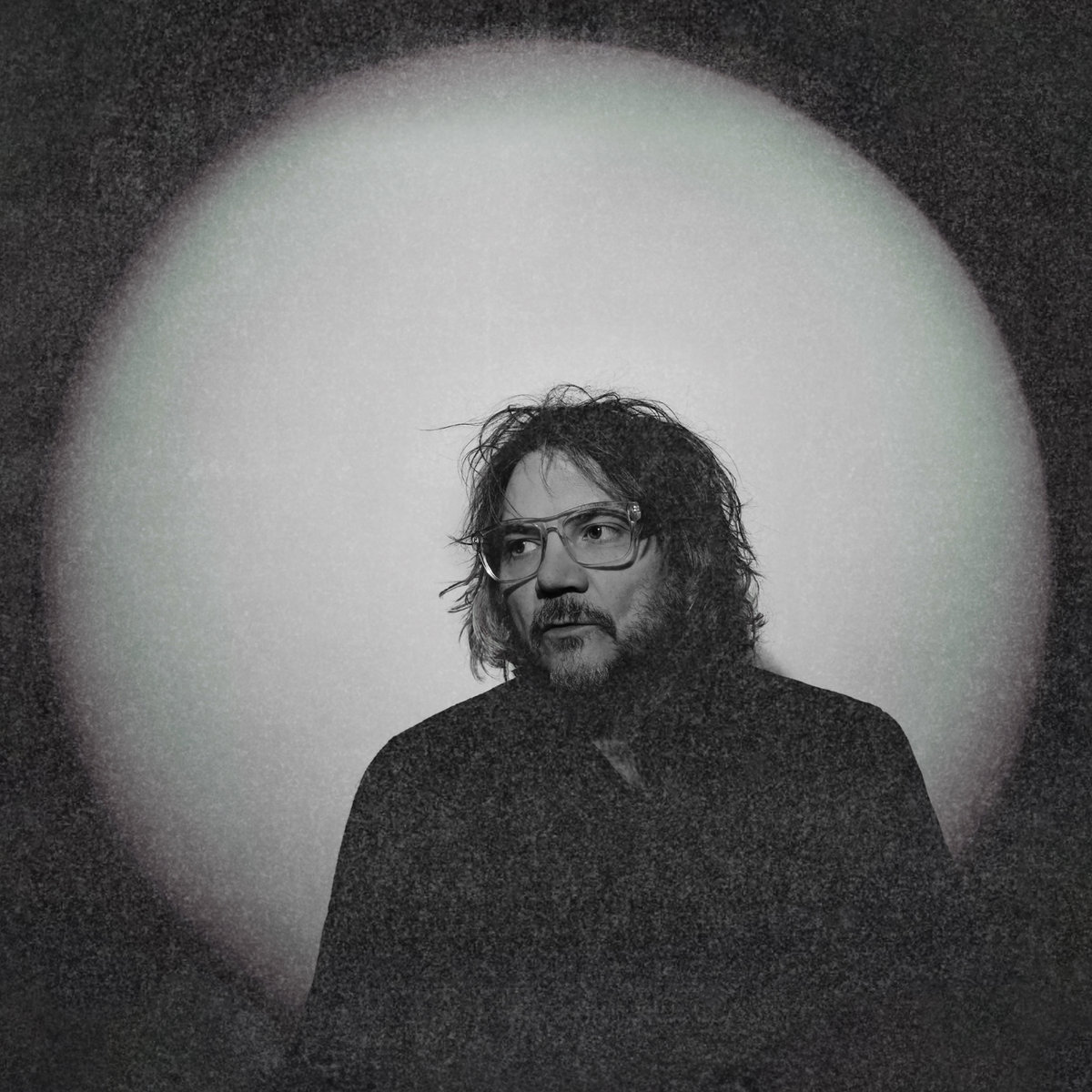At this point, six albums in, the National are practically a genre unto themselves. On Alligator, the first album that many of us noticed, they had a dark and driving intensity that didn't seem too far removed from, say, Interpol. As little as two albums ago, they seemed to share a lot of musical ideas with the Walkmen. These days, though, they've followed their inward journey, building on the things that made them special in the first place, turning their hungover throb into an intricate, debonair form of chamber-rock that ebbs and swells on its own tidal swagger. The rest of indie-rock, in the years since we met the band, has continued to splinter into a million different style-shards, spawning microscenes upon microscenes. But while that's been happening, the National have built up a massive grad-school cult that's allowed them to headline festivals and, more recently, arenas, becoming word-of-mouth anti-stars the same way their old tourmates in R.E.M. did decades ago. They've done it by becoming more and more themselves, by perfecting a sound that not too many people seem interested in exploring anymore. Trouble Will Find Me, their new album, is very much a new album. And that's a good thing, since the National are very good at what they do.
When the National announced their latest conceptual stunt, playing the same song over and over for a six-hour stretch, the joke that a ton of people in my Twitter feed made was some variation on this one: How is this any different from a normal National show? It's certainly true that the band has a formula: Plummy muttered verses, slow swirling orchestral build, grand pounding chorus, arrangements that build until the song is just about ready to end. In the lead-up to Trouble Will Find Me, the band's members have talked a bit in interviews about how the songs are more aggressive than the ones on the last album. And the lineup of guests on the album is heavy enough on indie luminaries (Sufjan Stevens, St. Vincent, Sharon Van Etten) to shame a Kanye album. But neither of these tweaks amount to a vastly different National-album experience. The band members might consider the songs more aggressive, but if anything, they sound, to my ears, more restrained and delicately assembled; not one wail-along chorus has leapt out on my first few listens. And without staring at the album's credit sheet, I have no idea which famous friends contributed which sounds. If the album has any distinguishing characteristics in the band's catalog, it's probably its general somberness -- that lack of explosive hooks -- and its increased reliance on expansively arranged strings and horns. Also, Matt Berninger's gravelly baritone has somehow gotten even deeper since High Violet, and I'm not even sure how that's possible. Other than those minor evolutions, though, it's the same old National.
But that looks like a complaint, and it's not. This band is just incredibly good at cranking out massively satisfying moody churns, rainy-afternoon red-wine anthems, and I'm not remotely mad at the way they've stuck with what they do well. It's not really in the nature of a National album to thrill upon impact; at least for me, their songs sound great in the background until the random moment, which might not come until years later, when you're driving with Boxer on in the background and you suddenly notice that, holy shit, "Ada" is just an incredible song. I don't doubt that Trouble Will Find Me has plenty of hidden gems like that, things waiting to be discovered. But certain moments on the album -- most of the instruments suddenly going silent for the calm-in-the-storm moment on "Sea Of Love," the plainspoken and bedraggled vocal on "Humiliation" -- that already slay me. More moments like that will reveal themselves. They always do.
The band's virtues -- their steadfastness, their consistency, their subtly deadly little melodies -- aren't tremendously exciting things. And we're not likely to hear Berninger belting out an anthemic chorus like the one on "Mr. November" anytime soon. The thrilling shock-of-the-new jolt, the thing that the entire online music infrastructure seems built around developing -- has nothing to do with this band, and in fact they seem to exist almost as a rebuke to it. The best kinda-famous story about the National is when they toured with Clap Your Hands Say Yeah, fresh off of a career-exploding Pitchfork review, as their opening act, only to see venues emptying out after the newer band played. But that tour was the first time I ever saw the National, and I can't possibly tell you how gratifying it was to see these already-aging Midwesterners -- a band I'd decided would be alt-country bores, probably entirely based on their name -- just absolutely kick my ass out of nowhere. They were able to do that because they'd been touring hard for years, steadily getting better at what they do, before anyone noticed. And now that they're actual-famous, they make it look easier than ever.
I don't think Trouble Will Find Me is going to change too many lives. But its soft, majestic intensity is a reassuring and comfortable thing. I know way too many critics happy to dismiss the National as aging-yuppie lifestyle music. But there's a whole lot of value in a band knowing their musical identity backwards and forwards, developing and growing into their sound, expertly coloring in the lines that they've already drawn. Once again, the National have made a very good National album, and that's all I really need them to do.
Trouble Will Find Me is out 5/21 on 4AD.
[videoembed size="full_width" alignment="center"][/videoembed]
[videoembed size="full_width" alignment="center"][/videoembed]
[videoembed size="full_width" alignment="center"][/videoembed]






